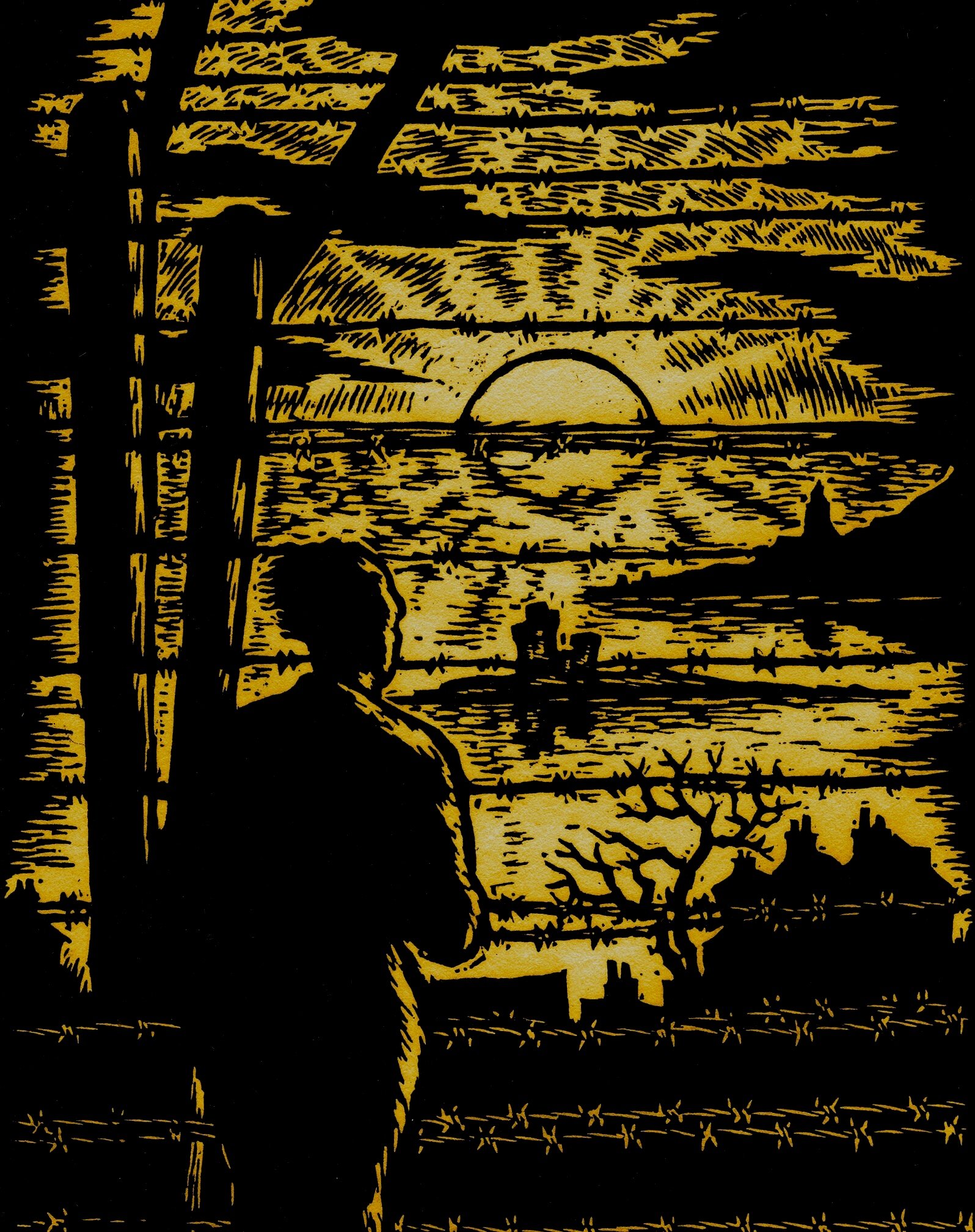
“Electrifying...AN ACCOUNT OF CINEMATIC VIVIDNESS”
–THE NEW YORK TIMES
“A POWERFUL BOOK…Vivid, Moving.”
— MAX HASTINGS, SUNDAY TIMES.
“exhilarating.”
— THE SPECTATOR.
“taut, compelling, impossible to put down.”
–THE DAILY EXPRESS
On 13th July 1940 the British government opened Hutchinson, an internment camp on the Isle of Man for so-called ‘enemy aliens’ – German, Austrian and Italian passport holders living in Britain at the time.
In the paranoia of war these men, many of whom came to Britain as refugees from Nazi oppression, were now considered to be potential collaborators with the regime from which they had fled.
Within weeks, more than twelve-hundred men had been imprisoned in the camp – one of ten on the island – which was situated behind barbed wire, in a square of boarding-houses overlooking the Irish Sea.
The refugees were imprisoned by the country in which they had staked their trust. Many had experienced a collective trauma: to be imprisoned by one’s liberator is to endure an injustice of chronology.

Through happenstance, the captives in Hutchinson Camp, or ‘P’ camp as it was known, included a concentration of renowned artists, professors, composers, writers, publishers, journalists and lawyers.
Despite the injustice of the situation, the internees quickly organised. The camp became a hub of creative endeavour, with a daily program of lectures, live music performances, poetry readings, and English lessons.
With the support of Hutchinson’s sympathetic commandant, Captain Hubert Daniel and his wife Marjery, an amateur painter, the artists staged art exhibitions to show off work produced inside the camp.
To produce prints, they cut small pieces of linoleum from the floors, and then adjusted a laundry mangle to print linocuts. Kurt Schwitters made a mouldering sculpture out of porridge leftovers and found objects. They even produced a newspaper.
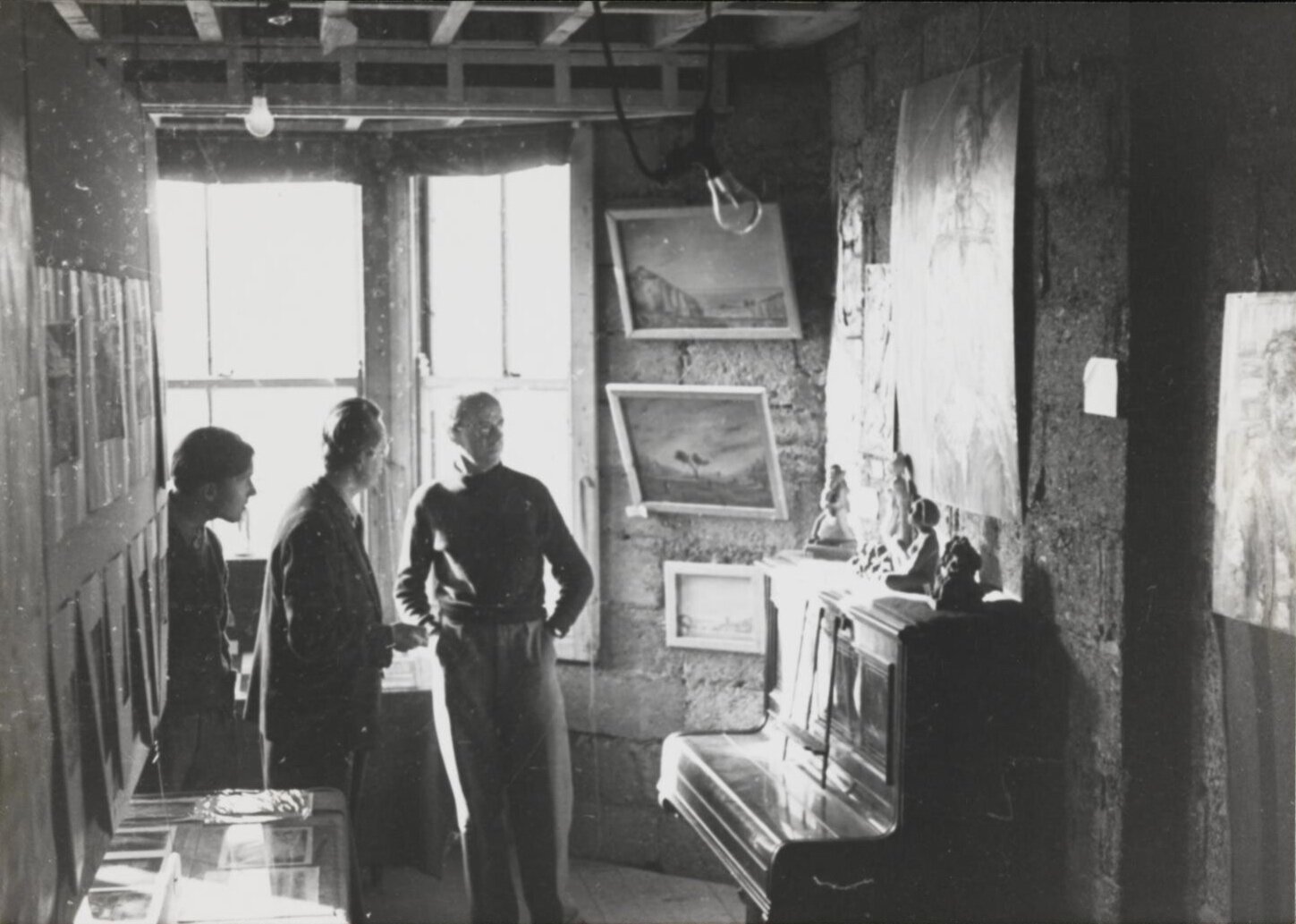

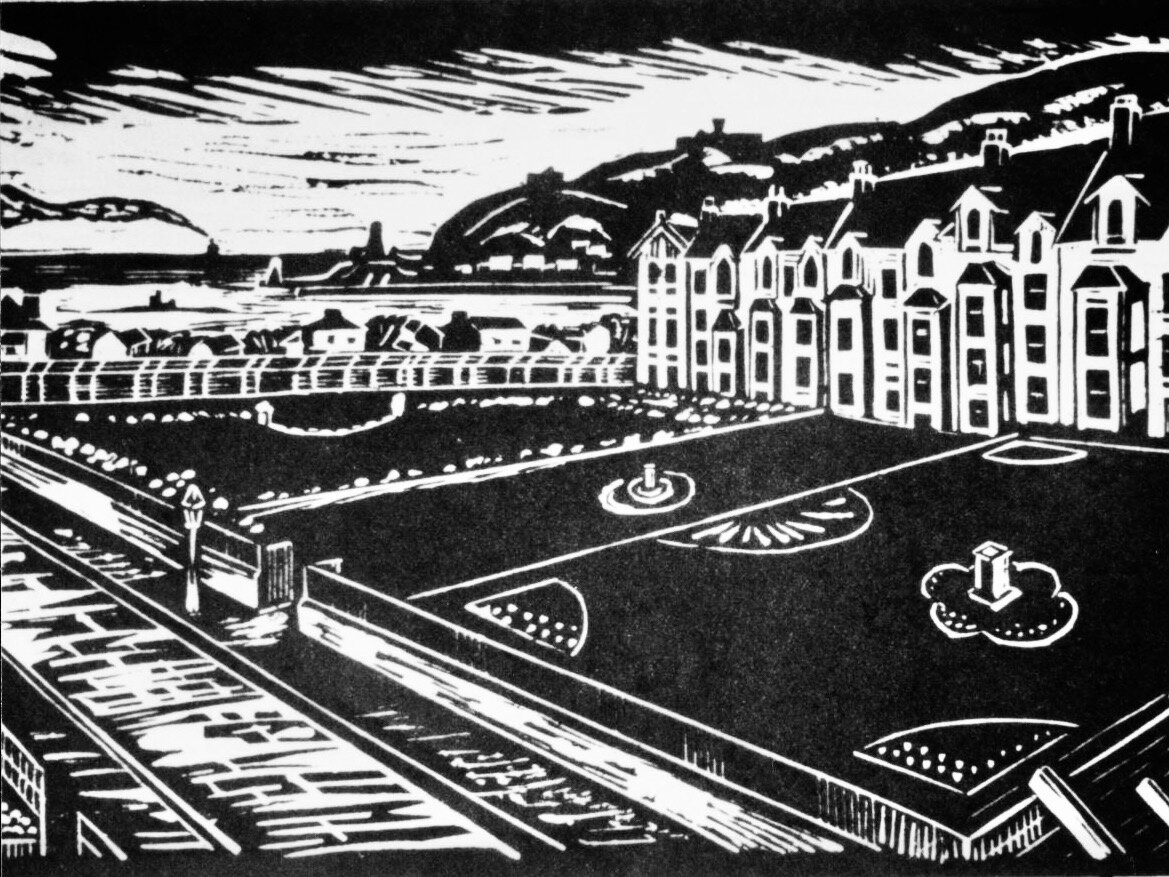

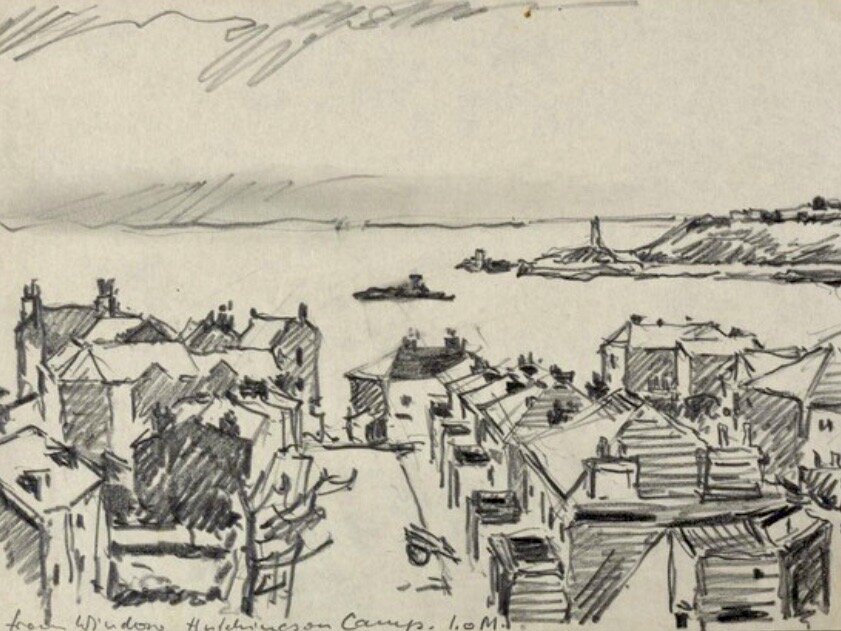

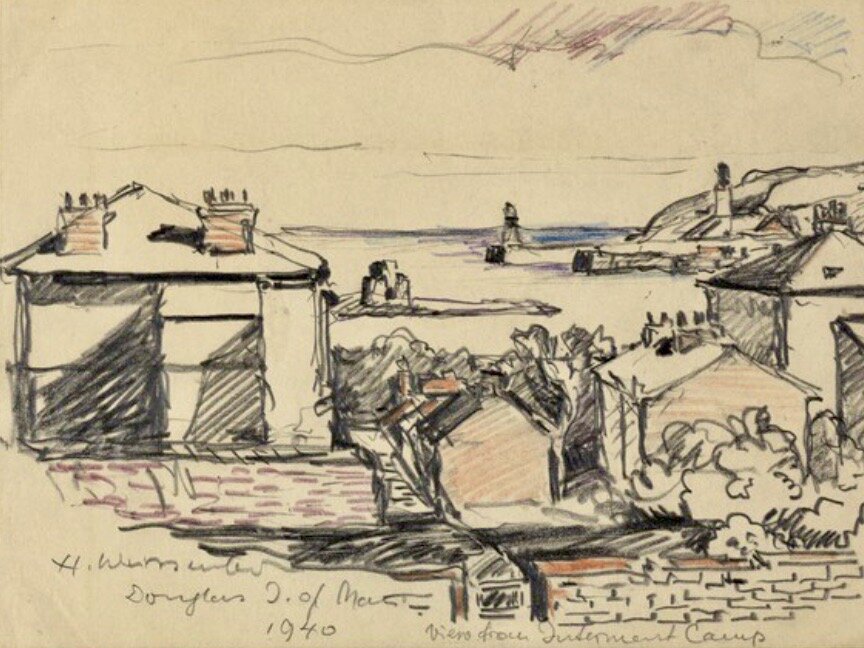
The Island of Extraordinary Captives.
The Island of Extraordinary Captives is a narrative non-fiction book by award-winning author and New Yorker contributing writer Simon Parkin (‘A Game of Birds and Wolves’, ‘Death by Video Game’).
The book won the 2023 Wingate Prize.
Drawn from dozens of primary sources, diaries, and previously classified documents, The Island of Extraordinary Captives tells the story of history’s most astonishing internment camp and of how a group of world-renowned artists, musicians, and academics came to be seen as ‘enemy aliens’.
It is the story of a battle between fear and compassion at a time of national crisis. It reveals how Britain’s treatment of refugees during the Second World War led to one of the nation's most shameful missteps, and how hope and creativity can flourish in even the most challenging circumstances.
